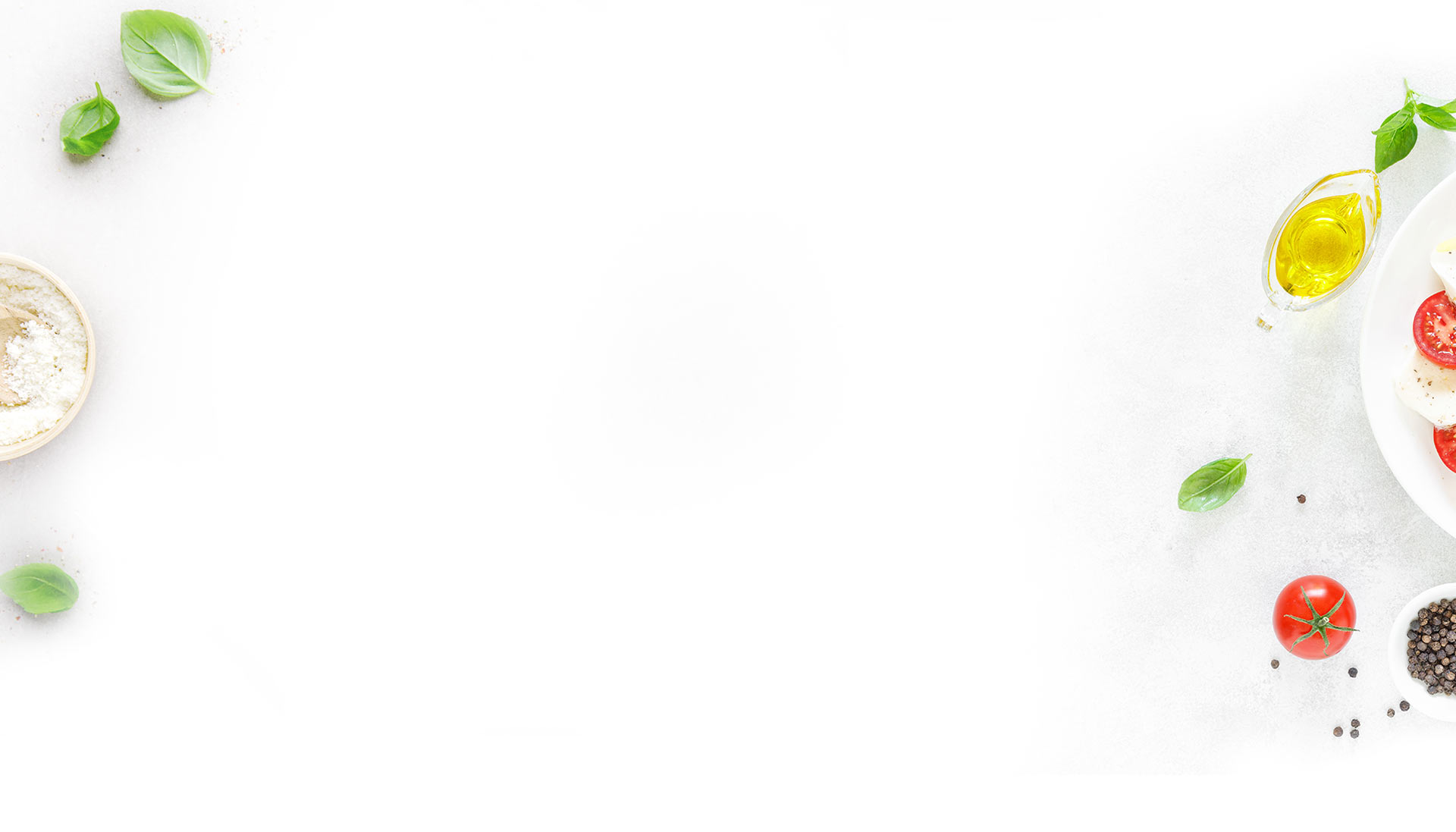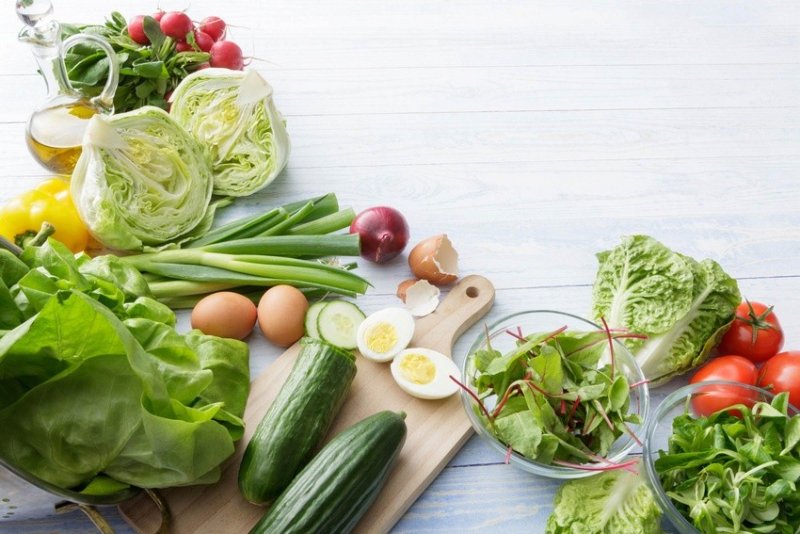
How to Keep Foods Fresh for Longer

An astonishing 30-40% of food produced in, and imported to the USA is never eaten but is thrown in the trash because it has spoiled or… worse yet, simply because people do not want to eat it! While food waste is an issue at every stage of the food production chain, a large proportion (15-20%) is thrown away in American households and restaurants. We at NetCost Market, work to keep the planet sustainable, and to ensure that we make the most of ALL the food we buy, that’s why we’re about to share some handy hacks on how you can keep food fresher for longer at home. It’ll save you money and help in reducing the nation’s total food waste!
Freeze food you’re not going to use – The freezer revolutionized household food storage when it was first invented in the early 20th century. However, too often people allow food to slowly perish in their refrigerator or cupboard. Keep up to date with the use-by dates on your food products, and if you don’t plan to use them, freeze them! Frozen goods can be stored for a matter of months, and some can even last for over a year! Fruits and vegetables can even be washed, sliced and bagged ready to be whipped into fresh breakfast smoothies, preventing waste!
Use Tupperware – When Earl Tupper first invented Tupperware in 1946, plastic was a new and unexplored material. After a shaky start, Tupperware was sold at “Tupperware Parties”, which worked by showing potential customers the wonderful food storage benefits of Tupperware in their own homes. Since then, it has been one of the top ways for storing goods as it creates an airtight seal that stops food oxidizing. This technique is particularly useful to stop leafy greens wilting, to keep meat fresh and moist for longer, and to prolong the freshness of bread, cakes, and biscuits.
Place some folded paper towels in the salad draw – Salad often defuses water, which is why it begins to wilt in the refrigerator. The excess moisture in the air will encourage it, and other foods around it, to grow mold and accelerates the multiplication of bacteria. By placing, and regularly changing, paper towels in the salad draw, they will soak up this excess moisture and keep food fresher for longer!

Keep apples separate from other fruit and vegetables – Apples give off small amounts of ethylene gas, which promotes the ripening of almost all fruits and vegetables. Segregating your apples will ensure your fruit and veg won’t over ripen too quickly!
Do NOT put Bananas in the refrigerator – Due to the cold air encouraging the enzyme polyphenol to oxidase, the banana skin will go brown very quickly if kept in the refrigerator. However, the flesh of the fruit will be unaffected, but it’s still unpleasant eating a banana with brown, mushy skin!
Treat herbs like flowers – When you buy herbs, place them in water with a little sugar. They will soak up the nutritious H2O and this will ensure their leaves stay fresh, plump and full of flavor for longer!
Store your onions in a pair of tights – Yes, that’s right! Tights for your onions! Get an old pair of tights, place an onion in it, then tie a knot or tape around a twist that separates the onion from the next before you add it. Next, just hang them in a cool dry place. This ensures that the onions are not touching so that rot will not spread, and also ensures airflow to the whole of the vegetable which prevents moisture accumulating and bacteria breeding.
Keeping food fresher for longer will help keep the planet sustainable and also help save you money. Try some of these whacky yet effective tips to ensure you throw away as little food as possible!